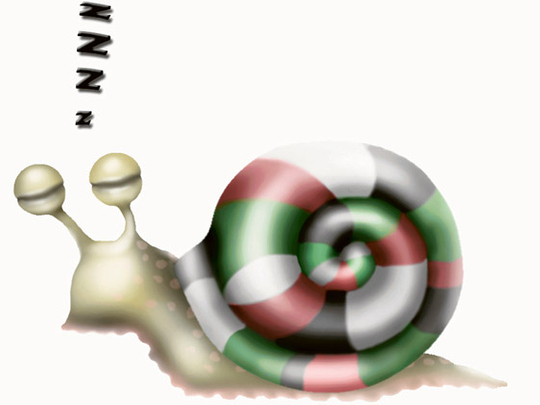
In the new emerging Middle East, the Arabs — who lead when it comes to population, natural resources, strategic locations, access to the sea and sovereign wealth funds — continue to be dominated and influenced by their non-Arab neighbours, mainly Israel, Iran and, lately, Turkey. Not to mention the United States which has, over the past three decades, become a "neighbouring country" with a strong influence throughout the Arab world.
The non-Arab countries, with their own agendas and grandiose plans, continue their campaign to undermine Arab national interests and decide on war and peace. And the Arab side, with its continued bickering and chronic problems, disputes and disunity, continues to lose ground and displays unacceptable fragmentation.
This has relegated the Arabs to the position of being hapless spectators, hoping things will not deteriorate further. Consequently, this has transformed Arabs into victims of others' designs and plans.
While the non-Arab neighbours continue to show steadfastness and progress in achieving their national interests, the Arabs seem to be cocooned in an environment of weakness, which is of their own making.
We are witnessing what could be labelled as the lowest ebb the Arab world has witnessed in decades, and it seems there is very little the Arabs collectively and individually can do to address the host of challenges and crises surrounding our region. From the dire Iraqi security situation and political paralysis to Iran's nuclear programme and its standoff with the international community — and the possibility of a showdown with catastrophic consequences or a grand bargain undermining Arab security.
Add to that the Middle East peace process, the mother of all crises and problems in this region. Then there are a host of other crises that need to be addressed and tackled, like the possibility of the fragmentation of many Arab states like Sudan, Somalia and Yemen.
Balance of power
There are also the clouds over Lebanon, which could squash the fragile coexistence of its competing sects and political factions. The lack of a balance of power in the Gulf region continues to engage the GCC states in an endless power struggle and arms race to contain and keep at bay their potential foes, mainly an emboldened Iran and unstable Iraq. The show of disunity exhibited and repeated every year at every Arab summit is discouraging for all Arabs. Our failure to show even a semblance of unity and solidarity in face of all the challenges is appalling.
In 2006, Richard Haass, the director of the Council on Foreign Relations, a think-tank in New York, wrote an article in Foreign Affairs. He argued that "the American era in the Middle East, has ended. Visions of a new, Europe-like region — peaceful, prosperous, and democratic — will not be realised. Much more likely is the emergence of a new Middle East that will cause great harm to itself, the United States, and the world ...
The Middle East's next era promises to be one in which outside actors have a relatively modest impact and local forces enjoy the upper hand ... and in which the local actors gaining power are radicals committed to changing the status quo. Shaping the new Middle East from the outside will be exceedingly difficult, but it — along with managing a dynamic Asia — will be the primary challenge of US foreign policy for decades to come."
In this new Middle East, there is little the Arab majority can do to shape the region, let alone shape their destiny.
While non-Arabs—Iranians, Jews and Turks—have clear designs and goals, the Arabs lack even an agenda not to mention a clearly defined plan. Therefore, any talk of an Arab ‘plan' to use their means and capabilities and transform them into a force to reckon with is only wishful thinking. What exacerbates the Arab security dilemma is the lack of common views on how to deal with the United States, Israel, Iran and Turkey. Moreover, the division among Arabs and grouping of Arab countries into two camps in the past few years — the Arab moderate camp versus the Arab resistance or radical camp — has greatly affected Arab solidarity.
On top of that, even when it comes to the major Arab issue, like the Arab-Israeli conflict, we see how the Arabs have allowed the Americans, the Israelis, the Iranians and even the Turks to take over this Arab cause. We witness how the Iranians have hijacked the Palestinian cause and how popular they have become by using it and winning the hearts and minds of the Arab masses.
The Arabs became cheerleaders when the Turks championed the Palestinian cause and confronted Israel in their push to break the Gaza siege and Israel's barbaric attack on the Turkish flotilla increased Turkey's prestige in Arab hearts and minds.
The Arab states seem to admire the Turks, are worried about Iran, undermined by Israel and bewildered by the Americans.
The big questions are: where are the Arabs? And for how long will this hibernation last? These questions need to be addressed and answered!
Dr Abdullah Al Shayji is the Chairman of the Political Science Department, Kuwait University.







